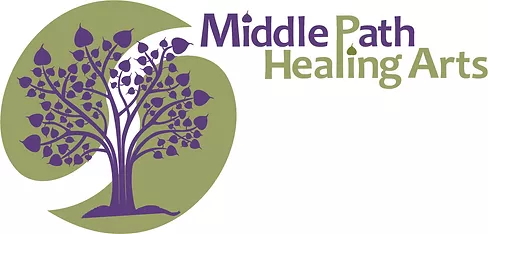Recently, in the weekly online sitting group, we’ve been exploring a series of ordinary words – words we use all the time – and contemplating how they may relate to or describe aspects of our practice, both on and off the cushion, chair or mat. The list of words was chosen organically and may be expanded upon as we go. Some of the words were selected by me and others by group members, as follows:
– authenticity
– balance
– becoming
– boundaries
– ease
– harmony
– honesty
– listening
– motivation
– simplicity
– pragmatic
– wholehearted
A recent conversation with the group on the subject of boundaries surprised me, brought joy to my heart and sparked this post. So, it feels worth sharing a bit of the thoughts that emerged with all of you here.
The word boundaries was chosen by a participant, and frankly, at first I wasn’t conscious of how it might fit into our discussions of meditation, mindfulness, kindness and compassion.
Gazing at the computer screen to make a short social video post on the topic I noticed that the focus of my eyes on screen created a boundary that caused everything behind to fade away. I realized that one of the key ways I created boundaries in my own life and practice is to direct attention to what matters to me. Then there’s no need to push other things away, they simply fade into the background.
That led to reflection on the meditative process of returning attention to the anchor. Each time I come back, say to the breath, all else fades. So, in that sense, it could be seen as a practicing the capacity to generate (and dissolve) a boundary.
As the discussion unfolded, several folks mentioned that often in ordinary use, boundaries are described as something a person ‘should have’ or ‘should strengthen’. While that may be true, it also feels enriching to consider the possibility that boundaries are natural to us, can be permeable, semi-permeable or, when needed, non-negotiable.
The whole conversation reminded me of a wonderful passage in the early Buddhist texts, which is quoted here below:
“Now, people, don’t go by reports, by legends, by traditions, by scripture, by logical conjecture, by inference, by analogies, by agreement through pondering views, by probability, or by the thought, ‘This contemplative is our teacher.’ When you know for yourselves that, ‘These qualities are skillful; these qualities are blameless; these qualities are praised by the wise; these qualities, when adopted & carried out, lead to welfare & to happiness’ — then enter & remain in them.” -the Buddha (Kalama Sutta, AN 3.65)

